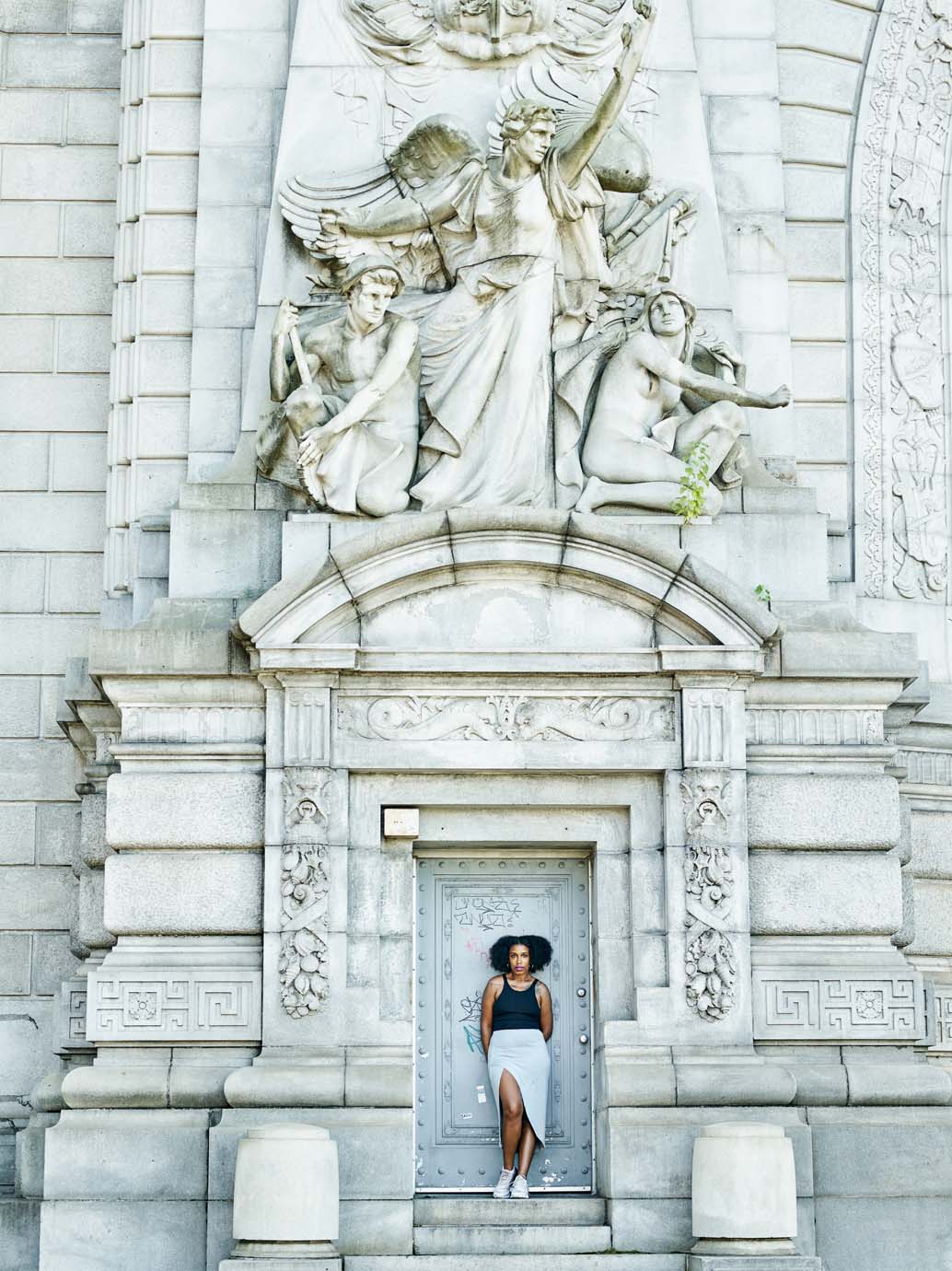
E. Jane greets me at The Studio Museum in Harlem, where they are currently in the first week of the Museum’s eleven-month-long Artist-in-Residence program. Jane has been touring Europe and the U.S. since 2017, performing, lecturing and participating in the Director’s program for Glasgow International in Scotland, where they were given their first European solo show, “Lavendra.” “Over the last two years, I kind of lost my voice because I said so many things again and again, without time to really think about anything new,” they say as we settle in. “I’m really hoping to get my voice back here.”
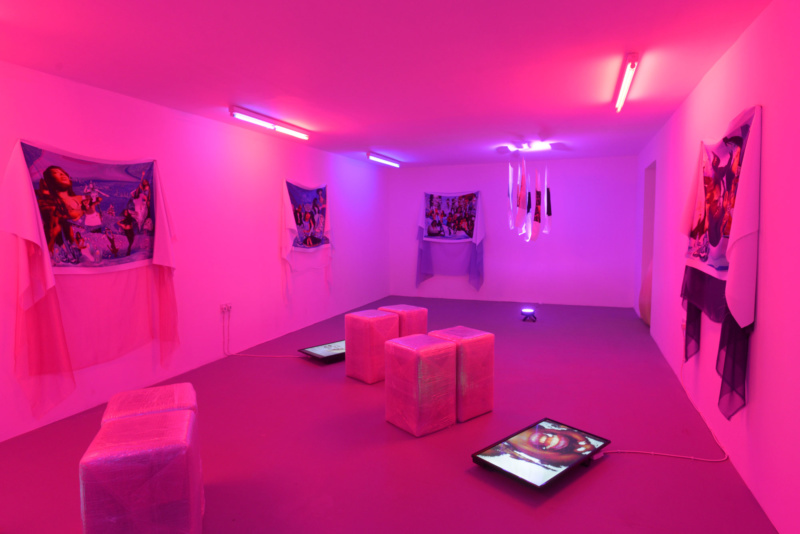
Jane’s voice is also that of MHYSA, their alter ego and performance persona. MHYSA’s sophomore album, the cover of which was shot by Elle Pérez, is slated for release next year, following the 2017 debut, fantasii. In an era when an Internet avatar—or at least the desire to define, if not brand, one’s selfhood online—is the norm, MHYSA’s existence is fully realized. Rather than acting as a digital surrogate to explore notions of gender and representation, MHYSA is a black woman performer able to sidestep institutional approaches and ignore colonial notions of femininity, toying with and subverting hyperfeminine beauty expectations in equal measure. As Jane puts it, “Black women have always had a queerness to them because colonial ideas of gender were not made for us.”
Jane’s MHYSA is an embodiment of how those creating amidst centuries of social disenfranchisement can and do. Her emergence from Internet to reality, with the support of artists, friends and fans, is not only a focal point of Jane’s practice, but a precursor for how network culture can manifest very real results. “In grad school, I would get really bad feedback, then I would put work online and get great feedback. The consequences via the Internet of participatory culture are so much larger than people understand,” Jane says. “Being able to circumvent the institution if you want to—that’s pretty liberating. And I think institutions understand that if they keep us out, there will still be a giant part of culture that they’re not a part of.”

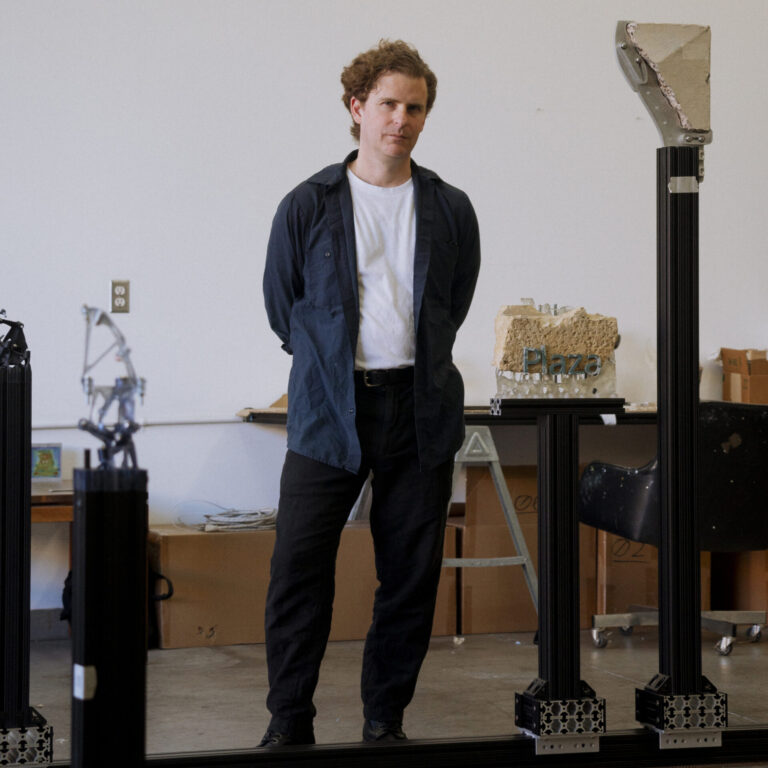
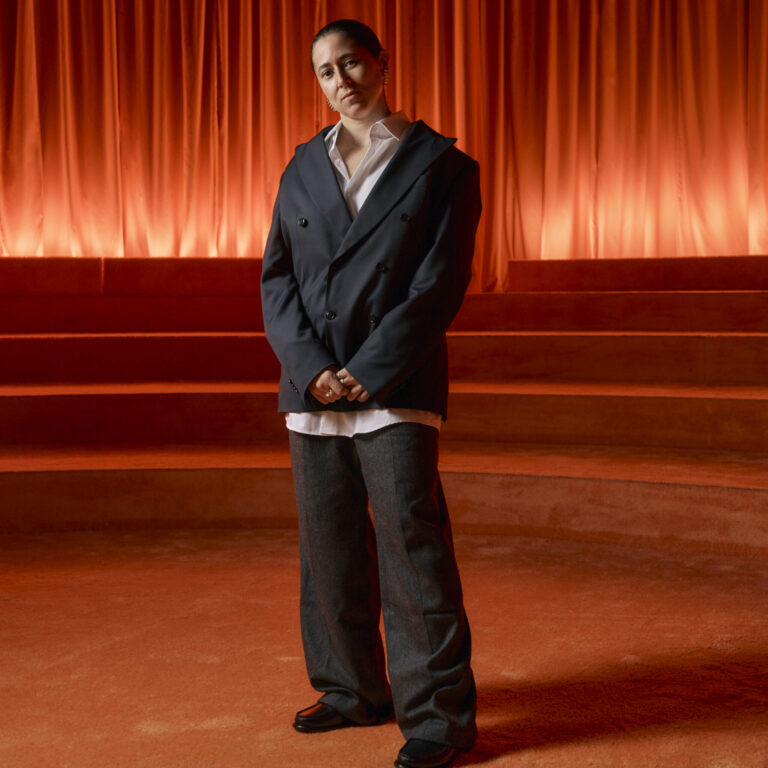
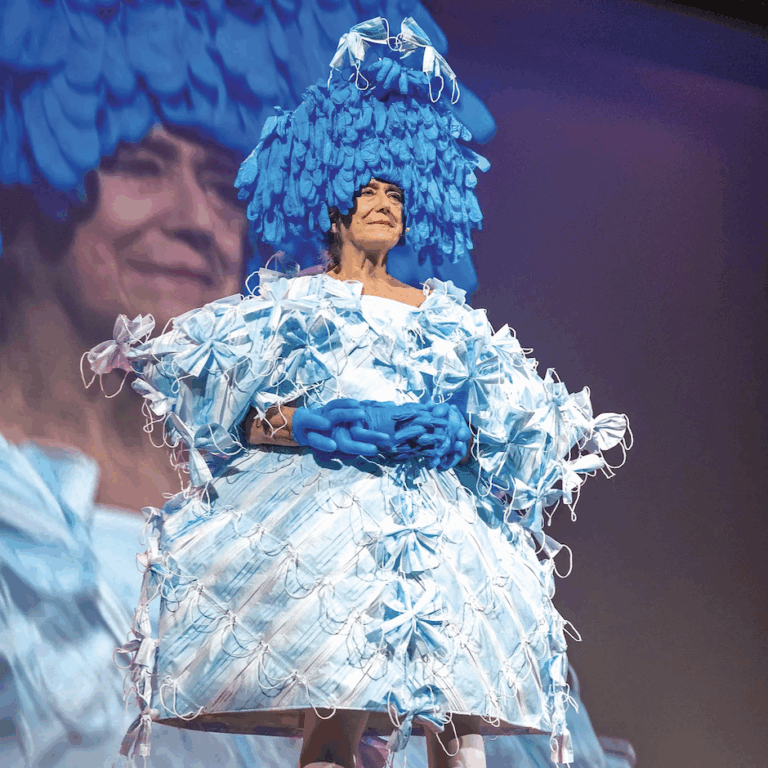

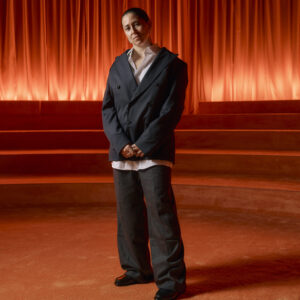
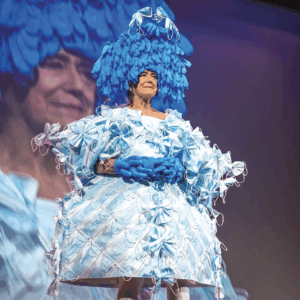



 in your life?
in your life?

